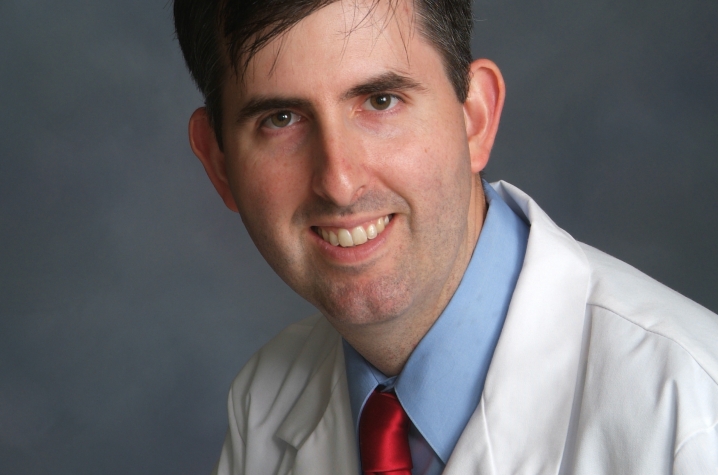Clinical Trials Offer Tailored, Inventive Cancer Treatments

LEXINGTON, Ky. (Feb. 21, 2012) - The following column appeared in the Lexington Herald-Leader on Sunday, Feb. 19.
Clinical trials offer tailored, inventive cancer treatments
Today’s cancer therapies are far different than the treatments of 20 years, 10 years, or even a year ago. How does cancer care evolve? Through research and clinical trials.
Clinical trials are carefully planned and regulated studies in which patients receive therapy under the observation of specially trained cancer doctors and staff. In most clinical trials, patients will either receive standard therapy or a new treatment.
Clinical trials are important because they provide evidence that a new treatment can be beneficial to patients. Major cancer-related foundations, including the National Cancer Institute, American Cancer Society and Leukemia & Lymphoma Society, encourage patients to educate themselves on clinical-trial options that might be available.
What are the benefits of participating in a clinical trial?
Patients benefit from enrolling in a clinical trial because their treatment plans and follow-up tests are specifically reviewed by a team of experts for their tumor type. A clinical trial might allow patients to receive novel therapies that they could not receive anywhere else.
What are some of the negatives to participating in a clinical trial?
In my experience, there are few negatives for patients to participate in a clinical trial. The clinical trial is usually recommended because the physician believes it offers the best possible course of treatment for that patient. Clinical trials are very carefully regulated. For example, clinical trials conducted at the University of Kentucky Markey Cancer Center are overseen by the Markey Safety Monitoring Committee, UK’s Institutional Review Board, and by the Food and Drug Administration.
People might have an incorrect perception of what sort of treatment they might receive during a clinical trial — people might think the care they are receiving will be more “scientific” and less personal than standard treatment. But in my experience, most patients find the opposite. Many find that it’s a blessing to receive treatment from a dedicated group of physicians and researchers who are working so hard to improve their care.
Can I refer myself to a cancer clinical trial?
Usually, patients are referred by their treating physician to see whether certain trials are appropriate for them. However, if patients find information about certain trials online or in a magazine or medical journal, they are welcome to contact the investigator or research office to request an evaluation to determine whether they are a good candidate for that clinical trial.
How can I find more information on clinical trials in my area?
The federal government supports Clinicaltrials.gov, a database of ongoing clinical trials . The National Cancer Institute keeps a cancer-specific list of trials at Cancer.gov. In addition, the Markey Cancer Center keeps a list of its current, open trials on UKhealthcare.uky.edu/markey.
Dr. Jay Hayslip is the director of the UK Markey Cancer Center Clinical Research Office.




